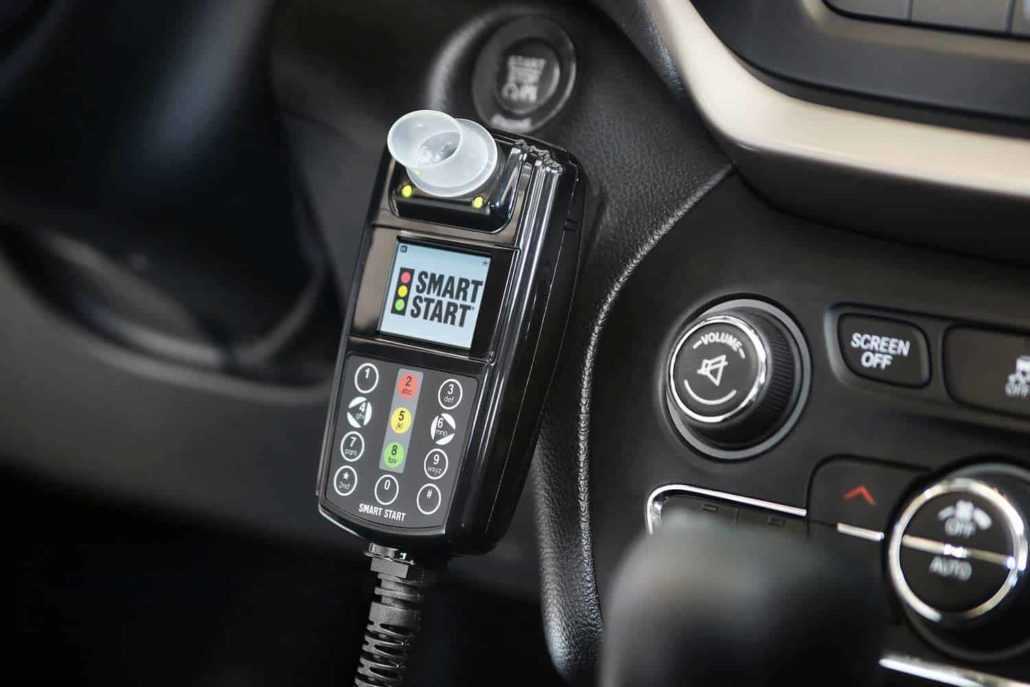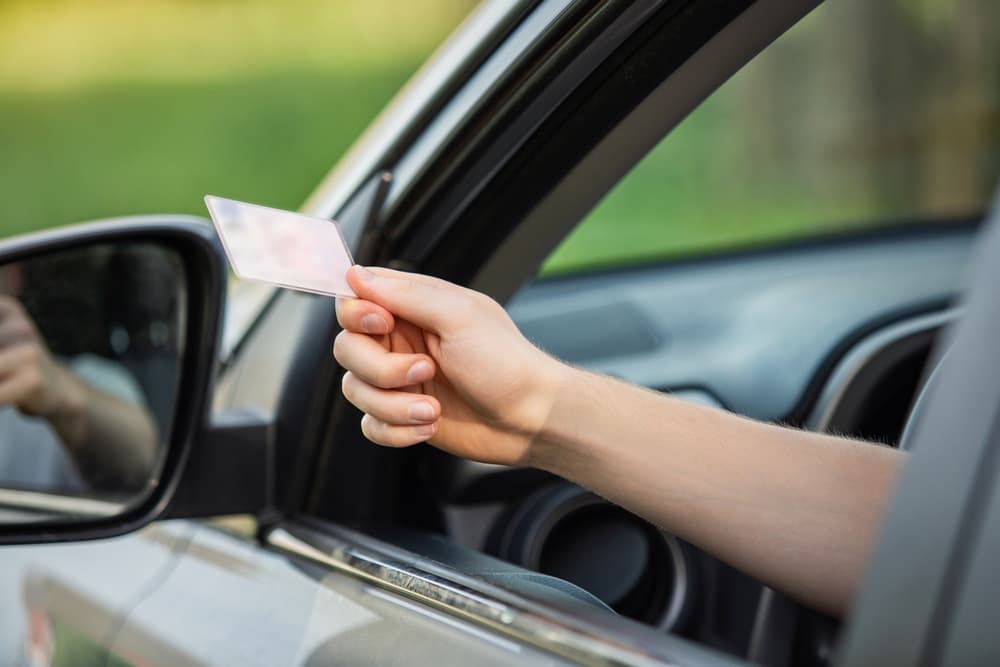Facing a DMV DUI charge can be overwhelming, especially when dealing with both the legal and administrative consequences. The Department of Motor Vehicles (DMV) plays a crucial role in DUI cases, overseeing license suspensions, hearings, and reinstatement processes. Many people assume that a DUI is just a criminal matter, but in reality, the DMV has significant authority over a driver’s ability to stay on the road.
In this guide, we’ll break down the DMV DUI process, explain how to handle a license suspension, and discuss the legal defenses that can help protect your driving privileges. If you’re navigating a DMV DUI case, understanding your rights and options is essential.

Understanding DMV DUI Charges
A DMV DUI case differs from a standard DUI criminal case because it focuses on the administrative aspects of a driver’s license rather than the legal penalties like fines or jail time. When a person is arrested for driving under the influence, the DMV is notified, and an administrative process begins immediately.
Most states follow a two-track process for DUI cases:
- The Criminal Case – Handled in court, where a judge determines penalties such as fines, probation, or jail time.
- The DMV Case – A separate administrative hearing to decide whether your driver’s license will be suspended or revoked.
Many drivers don’t realize that they must request a DMV hearing within a strict deadline (often 10-30 days) after their DUI arrest. If they fail to do so, their license is automatically suspended, even if their criminal case is still pending.
The DMV’s Role in a DUI Case
Once a DUI arrest is reported to the DMV, they will begin proceedings to determine whether the driver’s license should be suspended. The key responsibilities of the DMV in a DUI case include:
- Issuing license suspensions for DUI arrests and convictions.
- Conducting administrative hearings where drivers can challenge their suspension.
- Imposing ignition interlock device (IID) requirements for reinstatement.
- Managing license reinstatement after suspension periods end.
The DMV operates under a different burden of proof than a criminal court. Instead of proving guilt “beyond a reasonable doubt,” they use a lower standard of evidence, meaning it’s often easier for the DMV to suspend a license than for a court to convict someone of DUI.
What Happens After a DMV DUI Arrest?
If you’ve been arrested forDUI, you will typically receive a temporary driver’s license from the arresting officer. This temporary license allows you to continue driving for a short period (usually 30 days) while your case is pending. However, after that timeframe, your driving privileges are in jeopardy.
Here’s what to expect after a DMV DUI arrest:
- License Confiscation – The police may take your physical license at the time of your arrest.
- Notice of Suspension – You will receive official notice that your driving privileges are being revoked.
- Temporary Driving Permit – A short-term license allows you to drive legally for a limited time.
- DMV Hearing Request Deadline – You must request a hearing within a set number of days (varies by state).
- Hearing Outcome – If you win, your license is reinstated. If you lose, your suspension remains in place.
Since DMV DUI suspensions are automatic, it’s crucial to act quickly to request a hearing and present a strong case to keep your license.

How to Request a DMV DUI Hearing
Filing for a DMV DUI hearing is one of the most critical steps in protecting your driving privileges. Many people miss this deadline, leading to an automatic suspension with no chance to contest it. Acting quickly ensures you have an opportunity to fight for your license.
To request a DMV DUI hearing:
- Contact the DMV office in your state that handles DUI cases.
- Submit a written request before the deadline (usually within 10-30 days).
- Include details such as your name, driver’s license number, and arrest date.
- Request a copy of the evidence the DMV will use against you.
- Confirm the date and time of your hearing to ensure you are prepared.
If you fail to request a hearing within the deadline, you lose your chance to contest the suspension. Once the request is submitted, the DMV will schedule a hearing where you can argue your case with legal representation if necessary.
What Happens at a DMV DUI Hearing?
A DMV DUI hearing is not the same as a criminal trial. There is no jury, and the burden of proof is much lower. Instead, a hearing officer will review the evidence and decide whether to uphold the suspension. Understanding how these hearings work can help you prepare a strong defense.
Key points addressed at a DMV DUI hearing include:
- Whether the police officer had a legal reason to stop you.
- Whether the breathalyzer or blood test was accurate and conducted properly.
- Whether you refused a chemical test, which can lead to an automatic suspension.
- Any errors or violations of your rights that could impact the case.
- Additional factors, such as medical conditions that may have affected test results.
If you win the hearing, your driving privileges may be restored. If you lose, the suspension will remain in place for the legally required period, affecting your ability to drive for work, school, and daily activities.
DMV DUI License Suspension Periods
The length of your DMV DUI suspension depends on several factors, including:
- Whether this is your first, second, or third offense.
- If you refused a breathalyzer or blood test.
- Whether there were aggravating factors, such as an accident or injuries.
- If you had a high blood alcohol concentration (BAC) level at the time of arrest.
Here are common DUI license suspension periods:
- First DUI Offense – 3 months to 1 year.
- Second DUI Offense – 1 to 2 years.
- Third DUI Offense – Up to 3 years or more.
- Refusal to Take a Breathalyzer Test – Automatic 1-year suspension in many states.
- DUI with Injury or Property Damage – May result in an extended suspension period.
Some states allow restricted driving privileges after a suspension if the driver installs an ignition interlock device (IID), which prevents the car from starting unless the driver passes a breath test. This can allow limited driving, such as commuting to work.

Defenses Against a DMV DUI Suspension
If you’re facing a DMV DUI suspension, you may have legal defenses that can help you keep your license. A DUI defense lawyer can present arguments such as:
- Unlawful Traffic Stop – If the officer didn’t have probable cause to pull you over, the case could be dismissed.
- Faulty Breathalyzer Results – Testing errors, improper calibration, or medical conditions can produce false positives.
- Lack of Evidence – If there’s insufficient proof that you were driving under the influence, the DMV may drop the suspension.
- Violation of Rights – If your rights were violated during the arrest, the hearing officer may rule in your favor.
- Rising BAC Defense – If alcohol was still absorbing into your bloodstream at the time of testing, it could lead to an inflated BAC reading.
Each case is unique, and hiring an experienced DUI attorney can significantly improve your chances of avoiding a DMV DUI suspension. Having proper legal representation can make the difference between keeping your license or facing severe restrictions on your driving privileges.
How to Reinstate Your License After a DMV DUI Suspension
If your DMV DUI suspension is upheld, you may be able to reinstate your license after completing certain requirements. The process varies by state but often includes multiple steps that must be followed carefully.
To reinstate your license, you may need to:
- Serve the full suspension period without violations or additional infractions.
- Complete DUI education programs mandated by the court or DMV.
- Install an ignition interlock device (IID) if required for restricted driving privileges.
- Pay reinstatement fees to the DMV, which can range from $100 to $500 depending on the state.
- Provide proof of insurance (SR-22), which is often mandatory after a DUI to ensure financial responsibility.
- Pass any required written or driving tests if mandated by your state’s DMV.
Reinstating your license after a DMV DUI suspension requires following strict guidelines. Failing to meet the conditions can result in further penalties, delays, or even an extended suspension period. Consulting with a DUI attorney can help ensure you fulfill all requirements correctly.

Final Thoughts: Understanding DMV DUI Proceedings
A DMV DUI case can significantly impact your ability to drive, even if your criminal case is still pending. Losing your license affects daily activities, including commuting to work, school, or running essential errands. Understanding how the DMV handles DUI license suspensions, hearings, and reinstatement is crucial for anyone facing these charges.
To protect your driving privileges, act quickly to request a DMV hearing, prepare a solid defense, and consult with an experienced DUI lawyer who understands DMV procedures. A skilled attorney can help navigate the process, challenge evidence, and negotiate better outcomes.
The DMV process moves fast, and missing deadlines can result in an automatic suspension with no recourse. Even if you win your criminal DUI case, you could still lose your license if you don’t handle the DMV process correctly.
If you’re dealing with a DMV DUI, taking the right steps early can help you fight the charges, reduce penalties, and regain control of your driving future. Seeking professional legal advice can make a major difference in the outcome of your case.


